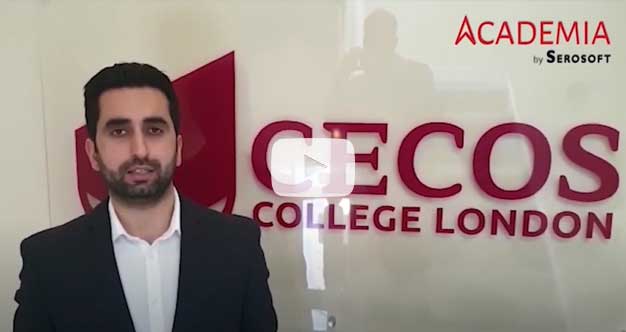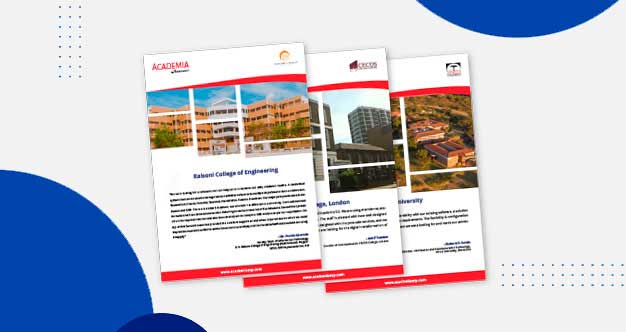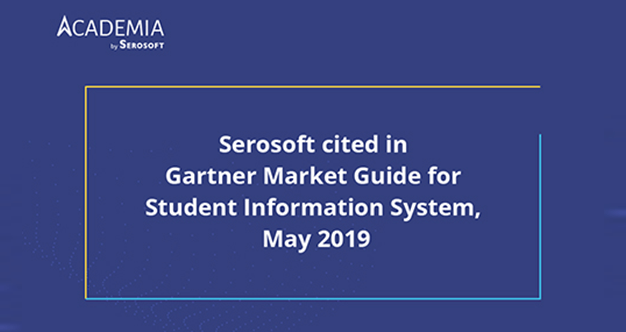Enhancing IB Programme Evaluation Through Technology: A Modern Approach to Educational Excellence
The International Baccalaureate (IB) Programme stands as a beacon of educational excellence, fostering a holistic approach to learning that prepares students for success in a globally interconnected world. At the heart of this renowned educational framework lies the critical process of program evaluation. This systematic assessment not only ensures that IB world schools meet the highest standards but also serves as a catalyst for continuous improvement.
The Philosophy of IB Programme Evaluation
Program evaluation within the IB ecosystem is an intrinsic requirement that transcends mere compliance; it is a reflection of the philosophy that underscores the IB’s commitment to educational excellence. This reflective exercise engages the entire school community in a journey of self-assessment, where the primary objective is to gauge whether the institution aligns with the rigorous standards and practices prescribed by the IB. The process is, in essence, a commitment to continuous enhancement in the delivery of educational programs.
The Evaluation Process Unveiled
The journey of program evaluation unfolds through a meticulous self-study process, wherein schools assess their adherence to IB standards and practices. This self-examination involves a comprehensive gathering of evidence to substantiate the school’s assessment. The gathered evidence is then scrutinized and evaluated by the IB, which provides invaluable feedback to the school.
The program standards and practices serve as the cornerstone of evaluation. They lay the foundation for an IB World School, starting from the authorization process. These standards and practices must be deeply ingrained within the school’s operational fabric, reflecting a commitment to excellence in implementing IB programs.
- Self-study:
- The evaluation process begins with a comprehensive self-study conducted by the school.
- During this phase, the school assesses its adherence to the IB standards and practices.
- Evidence is gathered to support the assessment, and it can encompass various aspects of the school’s operations, including curriculum, teaching methods, facilities, and administrative processes.
- The self-study is a rigorous and reflective exercise that involves the participation of the entire school community, including administrators, educators, and support staff.
- Evaluation:
- Once the self-study is complete, the gathered evidence is evaluated by the International Baccalaureate (IB) organization.
- The evaluation is a thorough examination of the school’s compliance with IB standards and practices.
- The IB may also conduct site visits, interviews, and additional assessments to validate the school’s self-study findings.
- During this phase, the school receives feedback from the IB, which can include commendations for strengths and recommendations for areas of improvement.
- Report:
- Based on the evaluation findings, a report is generated.
- This report provides a detailed overview of the school’s performance in meeting IB standards and practices.
- It includes both positive aspects of the school’s implementation and areas where improvements are needed.
- The report serves as a crucial document for the school to understand its standing in the evaluation process.
- Action Plan:
- Building upon the recommendations and feedback received from the evaluation, the school develops an action plan.
- The action plan outlines specific steps and strategies that the school will undertake to address areas in need of improvement.
- It is a proactive approach to enhance the quality of the school’s IB program implementation.
- The action plan sets clear objectives, timelines, and responsibilities for implementation.
- Implementation:
- The final stage of the evaluation process involves the execution of the action plan.
- The school takes concrete steps to implement the strategies outlined in the plan.
- Continuous monitoring and assessment of progress are essential during this phase to ensure that the planned improvements are effectively realized.
- The implementation phase is characterized by a commitment to ongoing enhancement and a dedication to providing the best possible educational experience for students.
In essence, the school evaluation process is a comprehensive and cyclical journey, with each stage building upon the previous one. It is a testament to the commitment of IB World Schools to maintain high standards of educational quality and continuous improvement.
The Role of Technology in Streamlining Evaluation
In an era where technology permeates every facet of education, harnessing its potential in the realm of evaluation is not only prudent but also transformative. Technology can streamline the evaluation process, making it more efficient and insightful.
Virtual visits, for instance, can be facilitated through technology, offering a dynamic platform for assessing facilities and instructional methods. In today’s rapidly changing educational landscape, schools have embraced online learning environments as a testament to their commitment to inquiry-based pedagogy – a shift that can be highlighted during evaluation.
Leveraging Technology for Streamlined IB Evaluation with Academia ERP / Student Information System (SIS):
- In today’s technology-driven era, integrating technology into the evaluation process is both prudent and transformative for educational institutions.
- Technology can significantly enhance the efficiency and depth of the evaluation process, providing valuable insights and making it more streamlined.
- Virtual visits, facilitated by technology, offer dynamic platforms for assessing facilities and instructional methods, creating a more immersive and comprehensive evaluation experience.
- Educational institutions are increasingly adopting online learning environments, highlighting their commitment to inquiry-based pedagogy, a facet that can be accentuated during evaluations.
As technology becomes increasingly pivotal in educational evaluations, Academia ERP/SIS stands out as a powerful solution.
- With its state-of-the-art cloud-based architecture, seamless data analytics capabilities, and intuitive user interface, Academia ERP/SIS empowers educational institutions to streamline administrative processes and efficiently collect and analyze essential data related to program evaluation.
- Academia ERP/SIS enables schools to effectively manage self-study processes, gather evidence, and generate comprehensive reports aligned seamlessly with IB standards and practices.
- This robust platform serves as a centralized hub for all evaluation-related activities, fostering collaboration among stakeholders and ensuring a smoother, more efficient, and insightful evaluation process. Learn more with a live Academia ERP demo.
In Conclusion
As IB World Schools embark on the journey of program evaluation, technology stands as a valuable ally. It enhances efficiency, transparency, and data-driven decision-making, ultimately contributing to the enhancement of educational quality. The IB’s commitment to excellence remains unwavering, and with the aid of technology, the path to educational excellence becomes both streamlined and transformative.
Related Posts:
 Higher Ed Plans
Higher Ed Plans K12 Plans
K12 Plans










